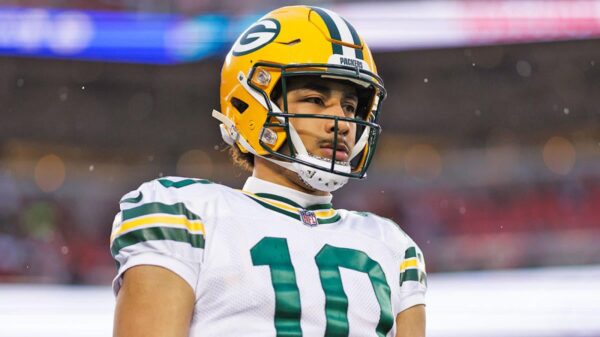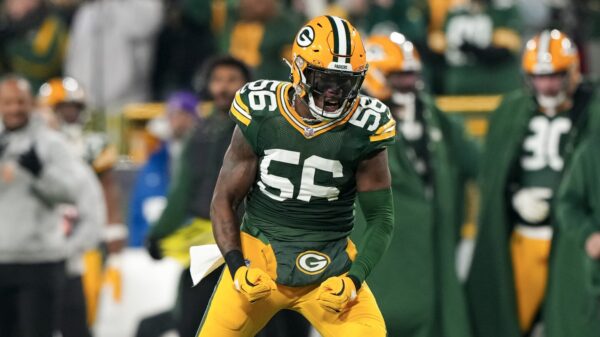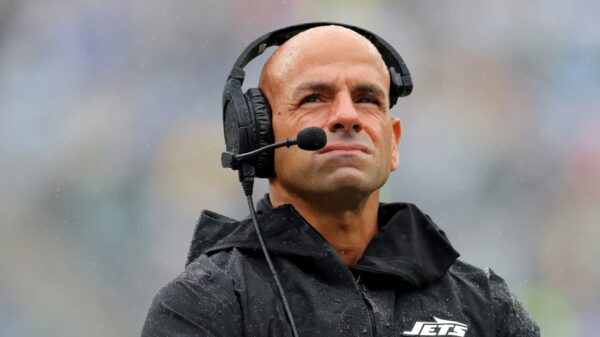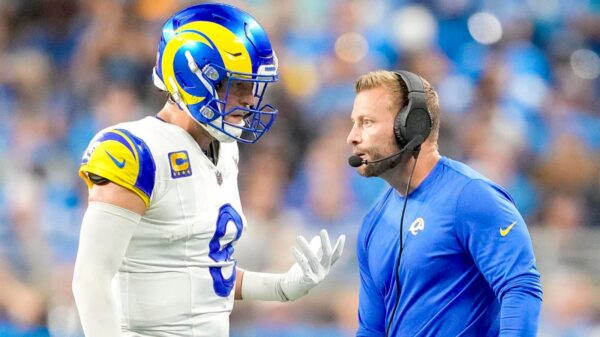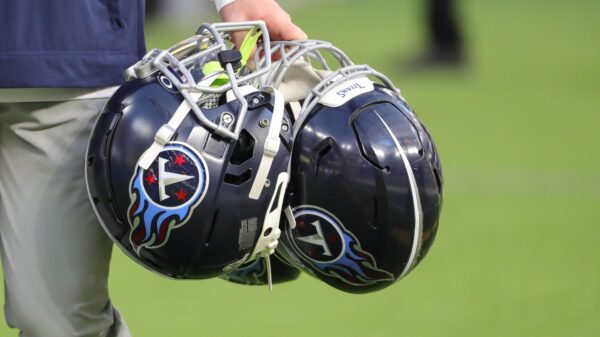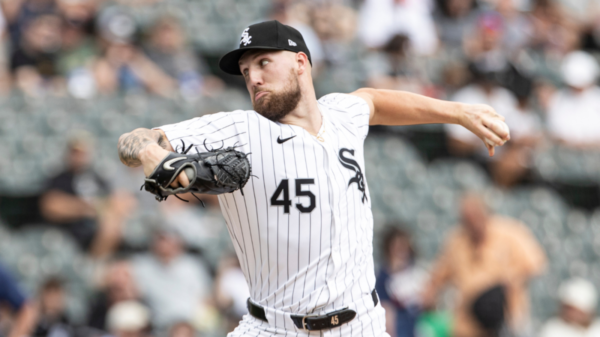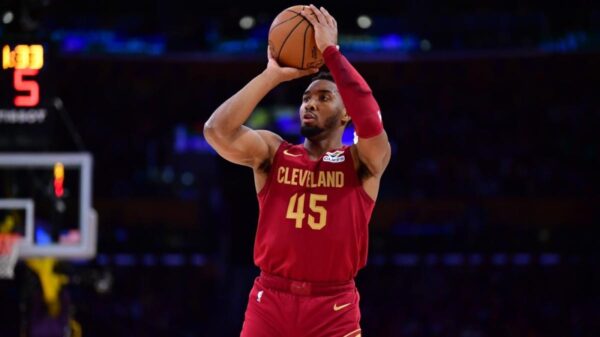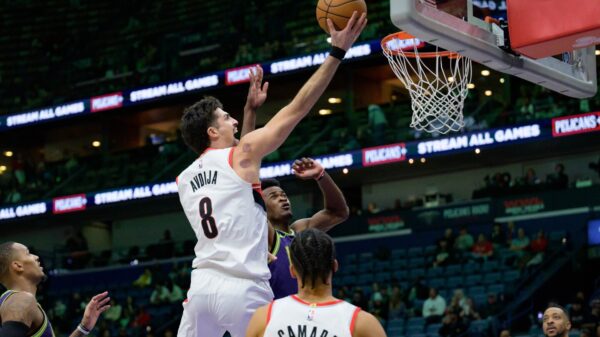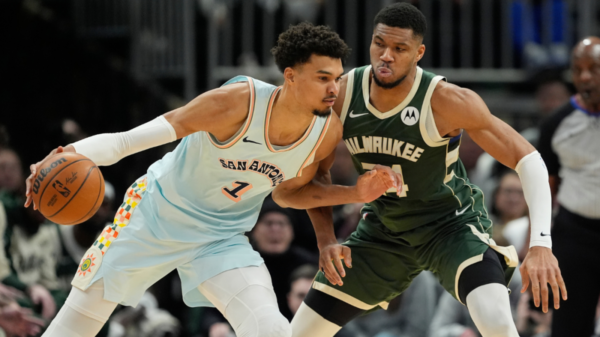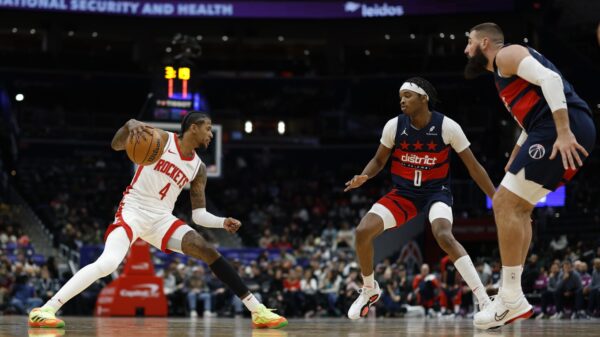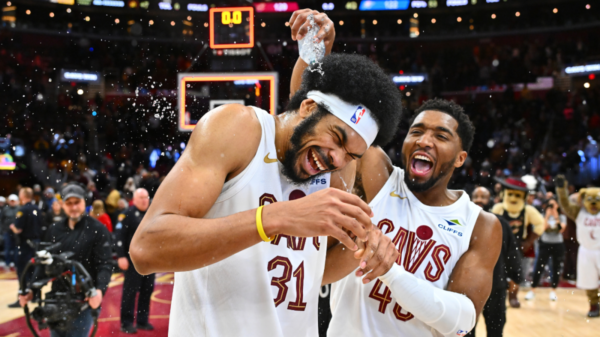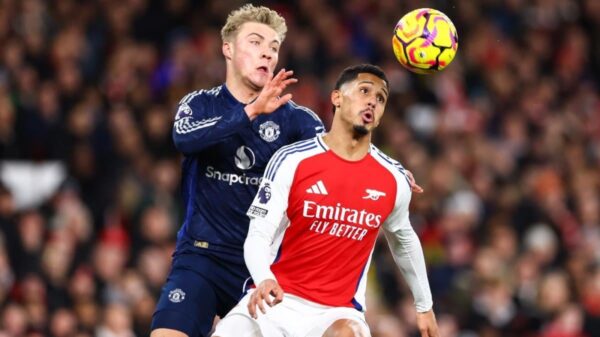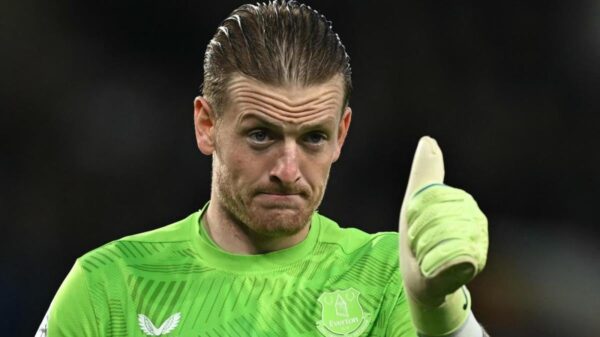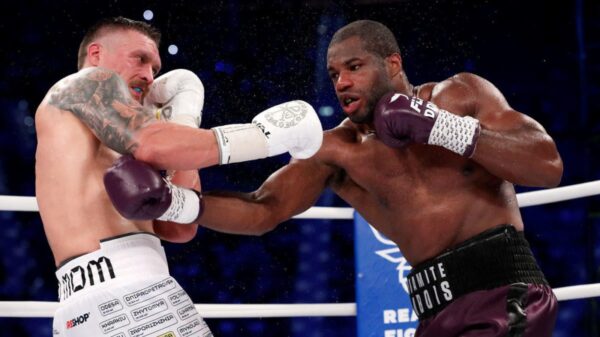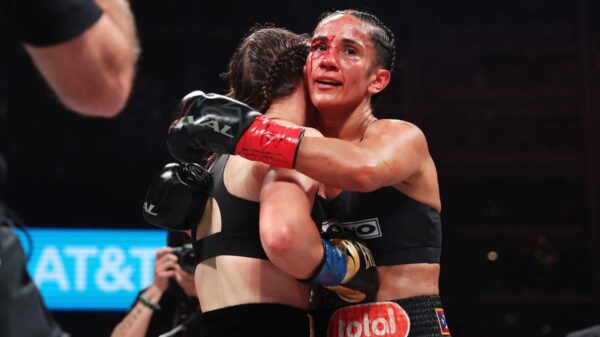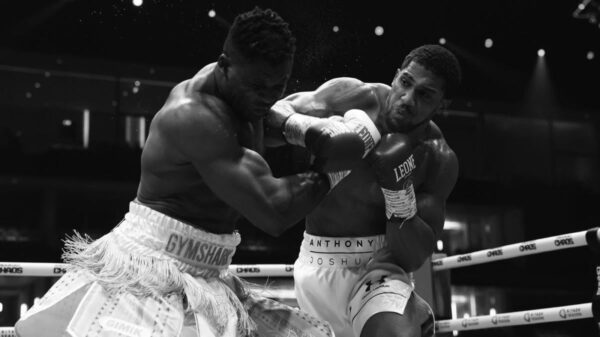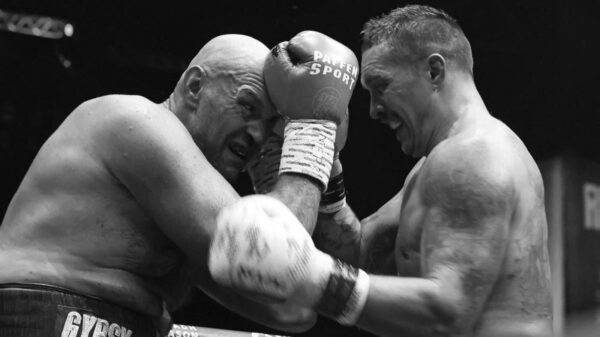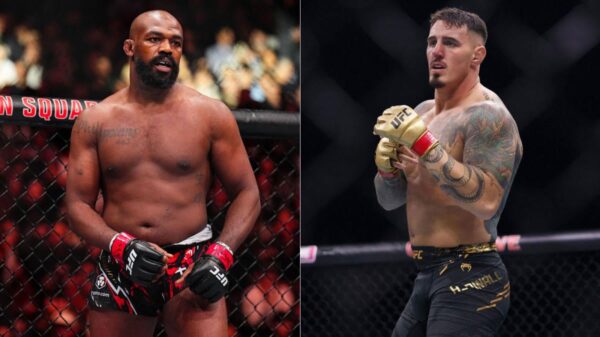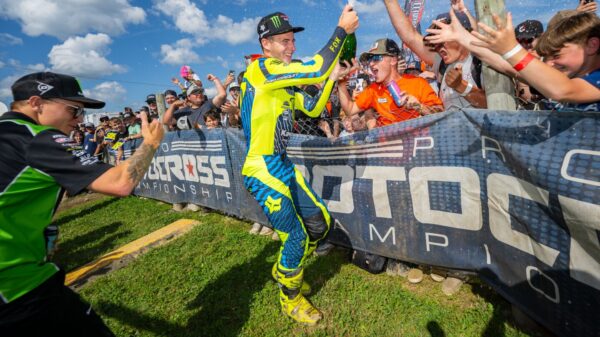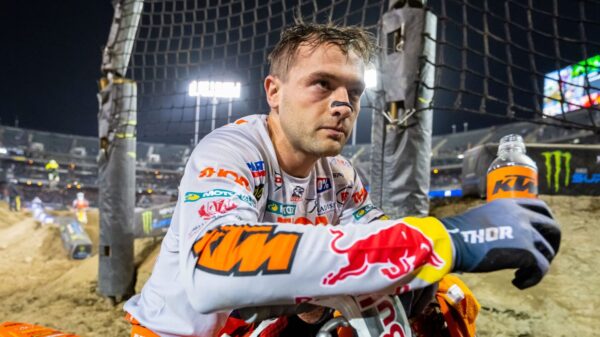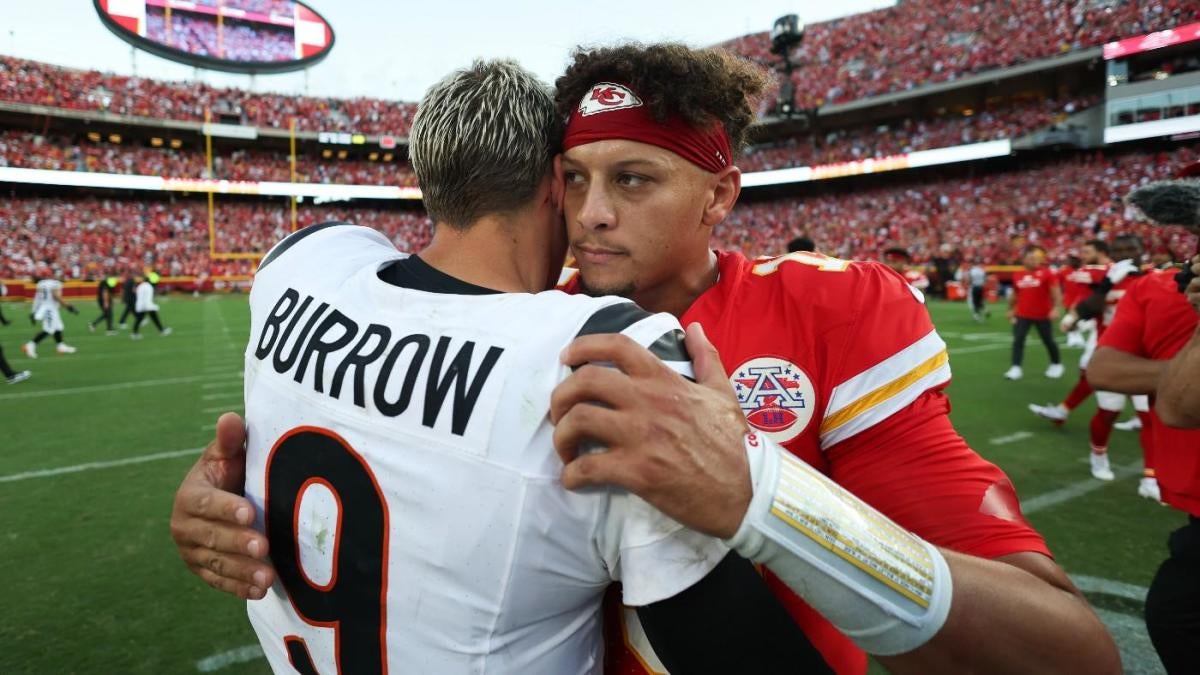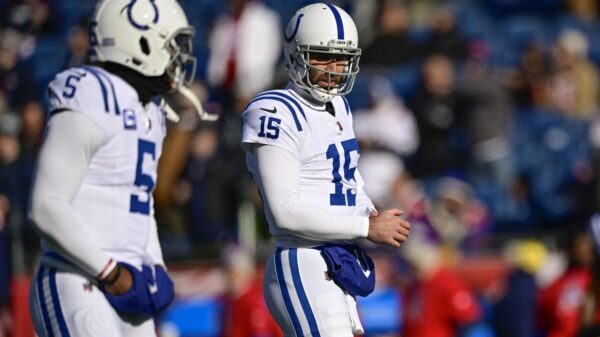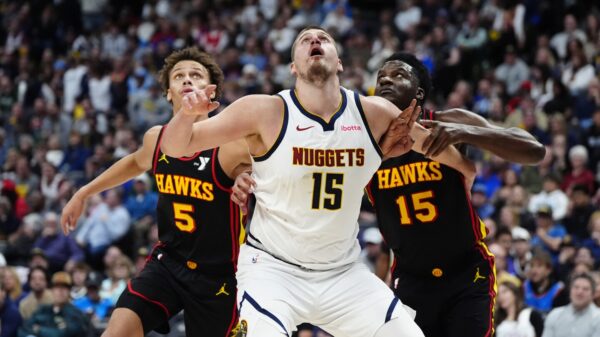The rapid escalation of quarterback salaries is a relatively new phenomenon. The top of the quarterback market has more than doubled over the last seven years. Matthew Stafford became the NFL’s highest-paid player when he signed a five-year, $135 million contract extension averaging $27 million per year with the Detroit Lions in 2017. The four-year, $240 million extension Dak Prescott signed with the Dallas Cowboys in September made him the NFL’s first $60 million per player.
By contrast, the salary cap has increased by 52.93% from $167 million in 2017 to $255.4 million in 2024. Even if there hadn’t been a sharp decrease in the salary cap in 2021 because of the COVID pandemic, the growth in quarterback salaries would still easily dwarf the growth in salary cap over this span.
It didn’t used to work this way. The top of the QB market was fairly stagnant in the initial years after the 2011 lockout. Drew Brees became the NFL’s first $20 million-per-year player in 2012 with the five-year, $100 million contract he received from the New Orleans Saints as a franchise player. It took five years for Derek Carr to hit the $25 million-per-year mark when he signed a five-year extension with the Las Vegas Raiders. Shortly before the start of the 2017 season, Stafford moved the needle again.
2018
The tremendous growth in quarterback salaries started in 2018. The top of the market increased 24.07% with Jimmy Garoppolo, Kirk Cousins and Matt Ryan each being the league’s highest-paid player before Aaron Rodgers got $33.5 million per year on a four-year, $134 million extension from the Green Bay Packers. This one-year jump was more than the 22.72% that the top of the quarterback market moved in the previous four years when it went from Rodgers’ $22 million per year to Stafford’s $27 million per year.
Each move was significant in its own way. Garoppolo was largely an unproven commodity when the San Francisco 49ers gave him a five-year contract averaging $27.5 million per year in February 2018. The deal came after just five good starts following a 2017 midseason trade with the New England Patriots. Garoppolo’s other two starts at that point were in 2016 while Tom Brady was suspended by the NFL because of Deflategate.
Cousins broke new ground with the NFL’s first lucrative fully guaranteed veteran contract during free agency. He signed a three-year, $84 million deal averaging $28 million per year. Incentives made the contract worth as much as $90 million. Cousins was the rare Pro Bowl-caliber quarterback in his prime to hit the open market. It took playing the 2016 and 2017 seasons with the Washington Commanders under franchise tags for Cousins to get his freedom.
Ryan was the first to the $30 million-per-year mark by signing a five-year, $150 million extension with the Atlanta Falcons in June. Rodgers getting 11.67% more than Ryan’s $30 million was the biggest increase over the previous quarterback salary benchmark under the 2011 NFL Collective Bargaining Agreement.
Patrick Mahomes landed the most lucrative contract in American team sports history in 2020. He received a 10-year, $450 million extension from the Kansas City Chiefs worth up to $475 million with incentives.
The Mahomes deal tried to account for the anticipated changing market conditions by his $45 million average yearly salary being considerably more the league’s second-highest-paid player. He got a 28.57% increase over the four-year extension averaging $35 million per year Russell Wilson signed with the Seattle Seahawks in 2019.
Mahomes becoming the NFL’s highest-paid player was expected, but the enormity of the contract took practically everybody by surprise. Prior to Mahomes’ deal, Ryan’s five-year extension was the longest contract among the league’s highest-paid quarterbacks.
The thought was Mahomes’ average would hold up for a while where the days of the next man up becoming the league’s highest-paid player would be over for the foreseeable future. Since Mahomes’ deal was extremely backloaded, other agents started using relevant points in the contract as benchmarks to top.
Surprisingly, Mahomes’ new money average in the early years of his deal didn’t serve as a salary ceiling for Deshaun Watson. The four-year, $156 million extension averaging $39 million per year Watson received from the Houston Texans a couple months later was $50,000 more per year than Mahomes’ $38.95 million new money average after four new years. The same thing happened the following year in Josh Allen’s six-year, $258 million extension worth a maximum of $288 million through incentives with the Buffalo Bills. The $43 million-per-year base value was $50,000 more per year than Mahomes’ $42.95 million new money average after six new years.
Aaron Rodgers appeasement
Green Bay’s 2021 offseason was filled with drama because of Rodgers waging a war against the front office. How the Packers appeased Rodgers was the catalyst to him becoming the NFL’s first $50 million-per-year player in March 2022.
Rodgers’ discontent was caused by the Packers trading up to the 26th overall pick in the 2020 NFL Draft to take Jordan Love as his successor at quarterback rather than selecting someone in the first round who could make an immediate contribution, like an offensive weapon in a deep wide receiver draft class, after advancing to the NFC Championship Game. Adding insult to injury from Rodgers’ perspective was that he was blindsided by the Love pick instead of being alerted beforehand.
Rodgers reportedly told the Packers he didn’t want to return to the team in the hours leading up to the 2021 NFL Draft and subsequently called for Brian Gutekunst to be removed as general manager. Gutekunst, head coach Matt LaFleur and president and CEO Mark Murphy each traveled separately to meet with Rodgers to smooth things over during the offseason. Retirement was an option for Rodgers without a satisfactory resolution, especially since the Packers were adamant about not trading him.
Rodgers’ 2023 contract year was turned into a voiding/dummy year in an effort to end his offseason rift with the Packers. This was significant because 2022 became a contract year for Rodgers.
Rodgers’ future with the Packers moved to the forefront after an early playoff exit in the divisional playoffs as the NFC’s No. 1 seed. Conventional wisdom suggested that Rodgers would try to force a trade with wide receiver Davante Adams, his favorite target, expected to leave via free agency or through a sign and trade after being given a franchise tag.
Rodgers used winning his second straight NFL MVP award in 2021, having 2022 as a contract year rather than being under contract through the 2023 season, a tight Packers salary cap, and 2022’s second biggest cap number to his advantage. Rodgers was able to extract a contract from the Packers widely considered to be $150.815 million over three years in early March before the start of free agency. Structuring the deal with multiple option bonuses necessitated the inclusion of two additional below-market years (2025 and 2026) for bonus proration purposes.
Mahomes’ reign as the league’s highest-paid player lasted less than two years with Rodgers getting $50,271,667 per year in his new deal. This was a lot shorter than expected when Mahomes signed. Remarkably, Rodgers’ 11.71% increase over Mahomes’ deal was slightly more than the increase he got in 2018 when resetting the quarterback market.
2023 quarterback musical chairs
Rodgers contract was a case of a rising tides lifting all boats, as three other quarterbacks surpassed Mahomes’ $45 million per year in 2022. Most notably, Watson received an unprecedented fully guaranteed five-year, $230 million contract in connection with his trade from the Texans to the Cleveland Browns a couple of weeks later despite having four years worth $136 million remaining on the extension he signed with the Texans in 2020.
Kyler Murray signed a five-year, $230.5 million extension (worth up to $238 million through salary escalators) averaging $46.1 million per year with the Arizona Cardinals in July 2022. Russell Wilson received a five-year, $245 million extension averaging $49 million per year from the Denver Broncos about a month later.
The next-man-up concept continued in 2023 with musical chairs at the top of quarterback market. Jalen Hurts got the ball rolling. He replaced Rodgers as the NFL’s highest-paid player with the five-year, $255 million extension he received from the Philadelphia Eagles during the latter part of April averaging $51 million per year. Salary escalators made the deal worth as much as $270 million.
Hurts’ reign as the NFL’s salary king was short-lived. The ink was barely dry on Hurts’ contract before Lamar Jackson topped the deal. Jackson agreed to a five-year, $260 million deal averaging $52 million per year with the Baltimore Ravens several days later.
Justin Herbert replaced Jackson at the top of the NFL salary hierarchy in late July when he signed a five-year, $262.5 million extension averaging $52.5 million per year with the Los Angeles Chargers. The extension’s maximum value is $265 million thanks to salary escalators.
Finally, Joe Burrow signed a five-year, $275 million extension averaging $55 million per year with the Cincinnati Bengals in September right before the regular season started. The deal is worth up to $281.25 million because of $1.25 million of annual incentives in the extension years (2025 through 2029).
The musical chairs were reminiscent of 2018 because multiple players spent time atop the NFL salary totem pole. The big difference is that the 9.41% collective increase at the top of the quarterback market paled in comparison to 2018’s 24.07% growth.
Dak Prescott
Dak Prescott becoming the NFL’s first $60 million-per-year player in September is a direct result of the Cowboys’ reactive approach with important contract situations. The stage was set in 2021 when Prescott signed a four-year, $160 million contract after playing the 2020 season under a $31.409 million tag.
The deal included a no-trade clause and a provision preventing the Cowboys from designating Prescott as a franchise or transition player. The Cowboys compounded the problem through three separate contract restructures where dummy/voiding contract years were included to create maximum cap space.
These factors put the Cowboys between a rock and hard place with Prescott. It was either meet his contract demands or risk losing him next March on the open market and having $40.46 million in dead money, a salary cap charge for a player no longer on a team’s roster, because of the bonus proration in his fake 2025 through 2028 contract years. Developments in the 2024 quarterback market weren’t relevant to Prescott because of his extreme contract leverage.
Prescott played the situation to perfection with his public comments suggesting he was comfortable playing out his contract and testing free agency in 2025. In addition to hitting the $60 million per year mark, Prescott’s $231 million in overall guarantees are the most ever in an NFL contract.
What’s next
The attention will be focused on San Francisco 49ers quarterback Brock Purdy’s negotiations next offseason since he becomes eligible for a new deal once the 2024 regular season ends on Jan. 7, 2025. It remains to be seen whether Purdy will join Prescott in the $60 million-per-year club.
2023 NFL Offensive Rookie of the Year C.J. Stroud will be able to sign a contract extension after the 2025 regular season. With a continuation of his current trajectory, expect the Texans to significantly reset the quarterback market with him in 2026.
Read the full article here

